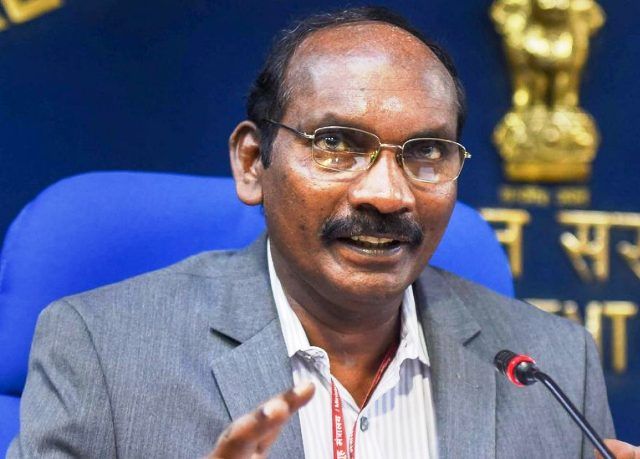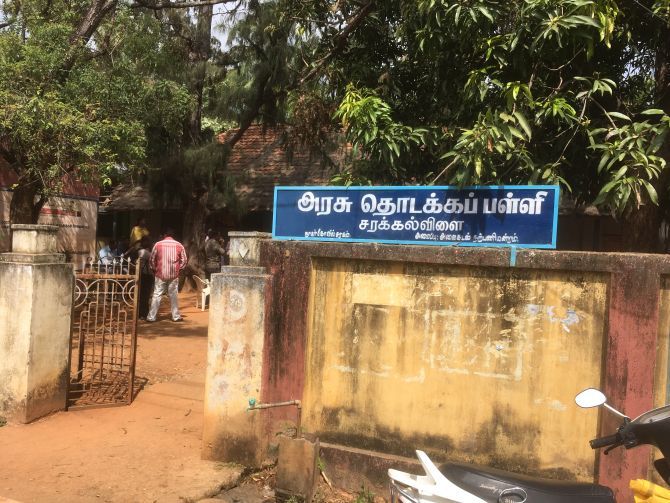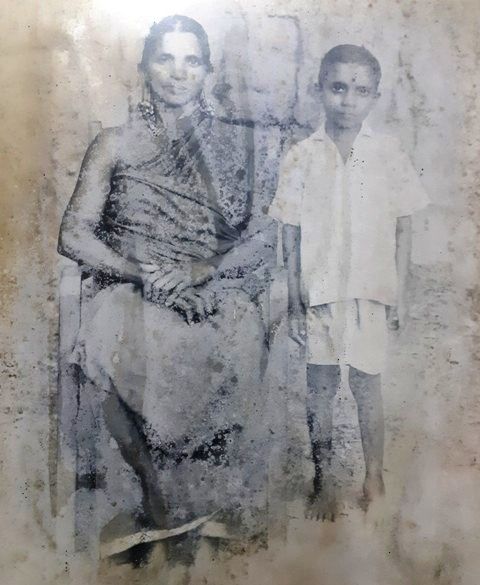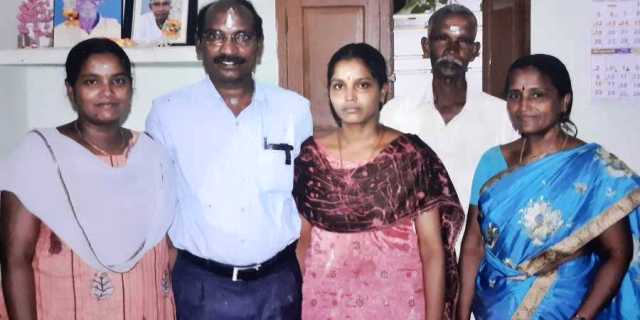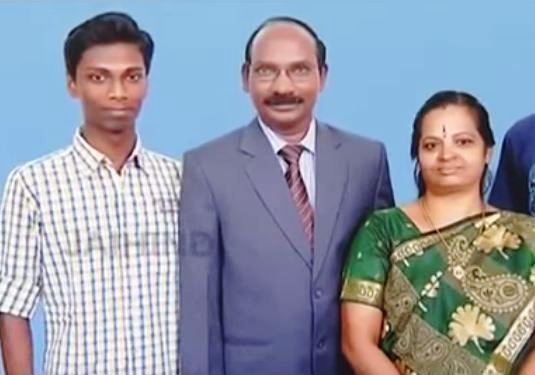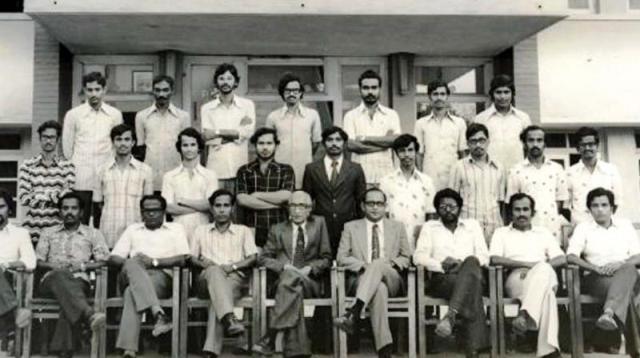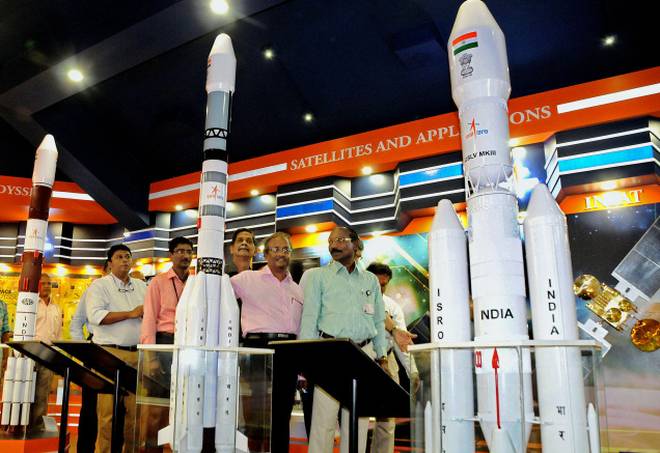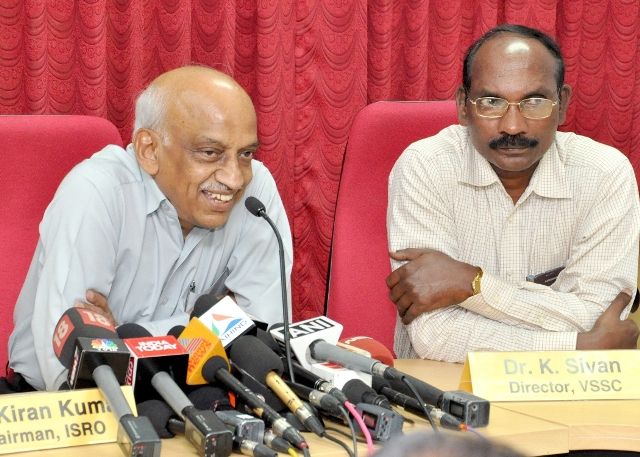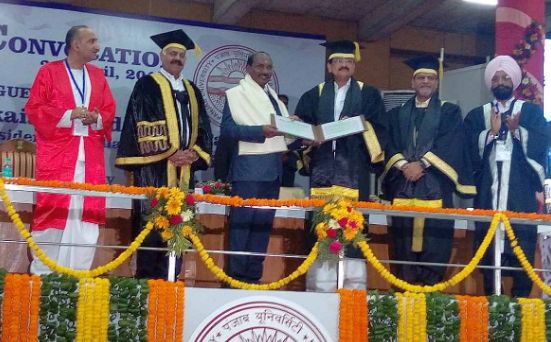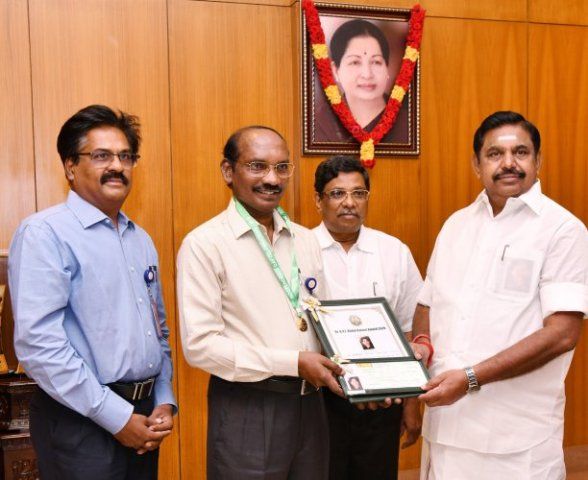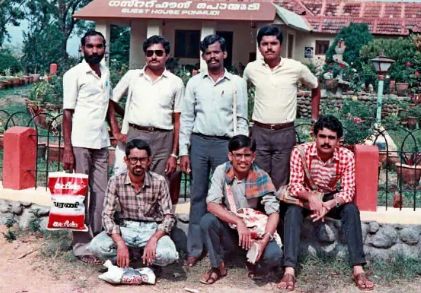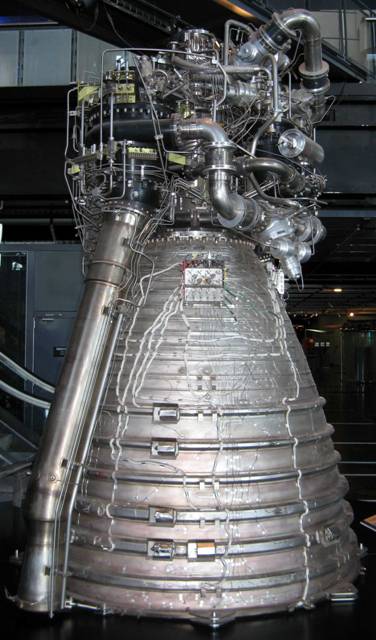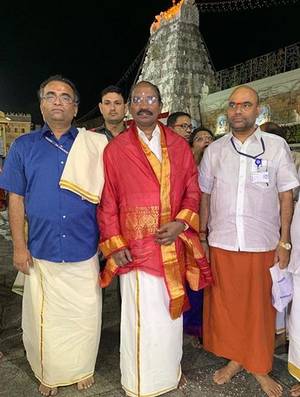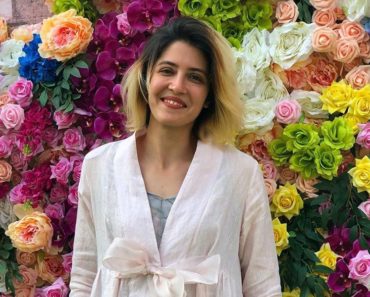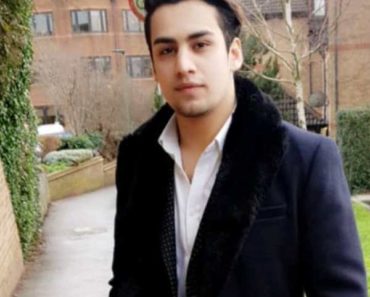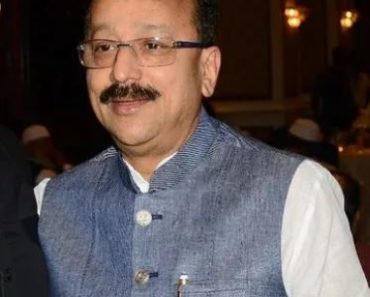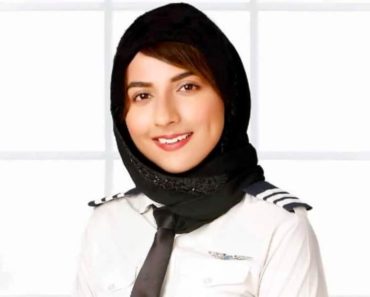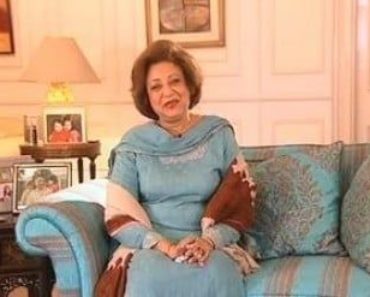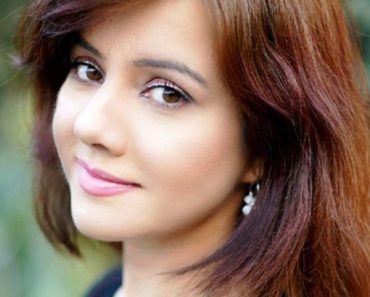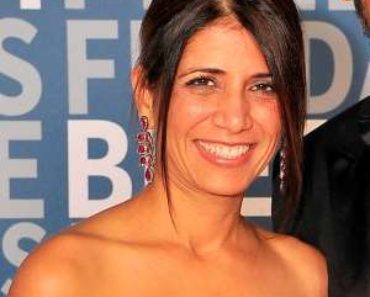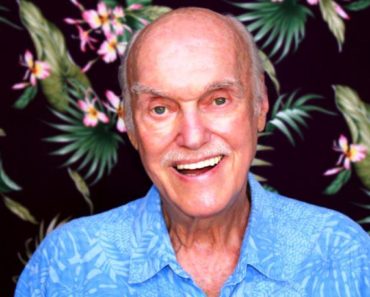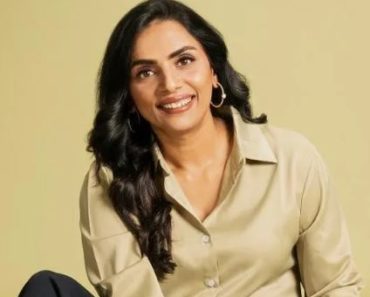Kailasavadivoo Sivan has been the chairman of the Indian Space Research Organisation (ISRO) since 15 January 2018. Under his chairmanship, the ISRO launched its second lunar exploration mission (Chandrayaan 2) in July 2019. Apart from being the chairman of the ISRO, Sivan has also served as the director of Vikram Sarabhai Space Centre (VSSC).
Contents
Wiki/Biography
K. Sivan was born on Sunday, 14 April 1957 (age: 66 years, as of 2023) in Mela Sarakkalvilai, Kanyakumari, Tamil Nadu, India. Since childhood, he was very brilliant at studies. His family was very poor. His father, Kailasavadivoonadar was a paddy and mango farmer. In childhood, Sivan had helped his father in agriculture and used to sell mangoes in the market. He received his primary education from a small Tamil medium school in his village.
He follows Hinduism and his zodiac sign is Aries.
Family
Sivan was born to Kailasavadivoonadar (Farmer) and Chellamall.
He has two sisters and one brother.
He got married to Malathi Sivan who is a homemaker. The couple has two sons; Sushanth (Engineer) and Siddharth.
Career
He passed Bachelor of Science from South Travancore Hindu College, Nagercoil, Tamil Nadu, India. He got 100% marks in mathematics in BSc. Thereafter, he got enrolled at the Madras Institute of Technology (MIT) and received a bachelor degree in Engineering in 1980.
He completed his masters in Aerospace Engineering from the Indian Institute of Science, Bangalore in 1982. In 2007, Sivan received his PhD in Aerospace Engineering from the Indian Institute of Technology, Mumbai. He joined the Indian Space Research Organisation (ISRO) in 1982 and took part in the PSLV (Polar Satellite Launch Vehicle) Mission. He contributed to the mission’s planning, design, analysis, and integration. In 2014, he became the director of the ISRO’s Liquid Propulsion Systems Centre. In 2015, Sivan became the director of Vikram Sarabhai Space Centre (VSSC).
On 15 January 2018, he replaced A. S. Kiran Kumar as the Chairman of the Indian Space Research Organisation (ISRO).
Awards/Honours
- Dr. Vikram Sarabhai Research Award (1999)
- ISRO Merit Award (2007)
- Dr. Biren Roy Space Science and/or Design Award (2011)
- Distinguished Alumnus Award from the Madras Institute of Technology (MIT) Alumni Association (2013)
- Doctor of Science from Satyabhama University, Chennai (2014)
- Distinguished Alumnus Award from the Indian Institute of Science, Bangalore (2018)
- ‘Vigyan Rattan’ Award by the Vice-President of India, Venkaiah Naidu (2019)
- Dr. A.P.J. Abdul Kalam Award by the Government of Tamil Nadu (2019)
Favourite Things
- Food(s): Dal-Chawal, South Indian Cuisines
Facts
- In his childhood, his family was so poor that his siblings could not receive higher education.
- According to his uncle, A Shunmugavel, Sivan was very hard-working and serious about the studies. He had never received any tuition.
- He is the first graduate from his family as well as his village.
- His father came to know about his talent when he got 100% marks in mathematics in BSc. His father sold some part of his land and borrowed some money from others to get Sivan enrolled at the Madras Institute of Technology (MIT).
- Before being enrolled at MIT, Sivan used to wear ‘dhoti/lungi’ in college. At MIT, he wore pants for the first time.
- He has earned a nickname, ‘Rocket Man‘ for developing cryogenic engines for India’s space programs. He also helped in enabling rockets to be launched under different weather and wind conditions.
- He is a specialist of 6D trajectory simulation software which predefines the path of the trajectory.
- Sivan joined GSLV (Geosynchronous Satellite Launch Vehicle) project in 2011. He has also contributed to the Reusable launch vehicle project.
- In February 2015, Sivan played a crucial role in launching 104 satellites in one time by PSLV-C37.
- Since 1982, Sivan has been the part of almost all rocket programs.
- On 22 July 2019, under his chairmanship, the ISRO launched its second lunar exploration mission, ‘Chandrayaan 2.’ However, Lander Vikram lost its communication. Thereafter, the Prime Minister, Narendra Modi addressed and motivated the scientists of the ISRO. While meeting with the Prime Minister, Sivan got very emotional and broke down in tears. Narendra Modi hugged and consoled him.
#WATCH PM Narendra Modi hugged and consoled ISRO Chief K Sivan after he(Sivan) broke down. #Chandrayaan2 pic.twitter.com/R1d0C4LjAh
— ANI (@ANI) September 7, 2019
- Sivan believes in spiritual values. He regularly visits temples before and after working on any specific project.
- His hobbies are- reading, travelling, listening to Tamil classical songs, gardening, etc.
- In October 2023, Sivan shared insights into his life during a convocation ceremony at the National Institute of Technology in Goa. He revealed that he initially aspired to become a teacher, not a scientist. He added that after completing his master’s degree, he attempted to secure a job at ISRO’s Satellite Center but was turned away and called “useless.” [1]The Indian Express Sivan said,
I was told in the satellite center of ISRO – you are of no use and you cannot get a job… get out of here. Later, I became the president of the same institute. I did not get a job in the satellite centre, but I did get a job in the rocket centre.”
He further talked about the GSLV project and said,
When I became the director of the GSLV project, all my friends and colleagues were sympathizing with me instead of congratulating me. They said that you were a fool to accept this offer, but I stuck to my belief and made GSLV project successful.”
References
| ↑1 | The Indian Express |
|---|

